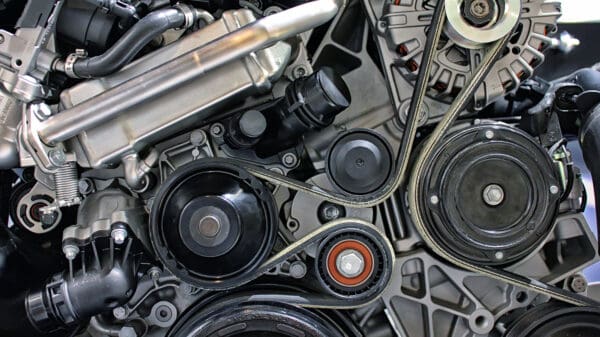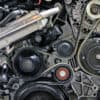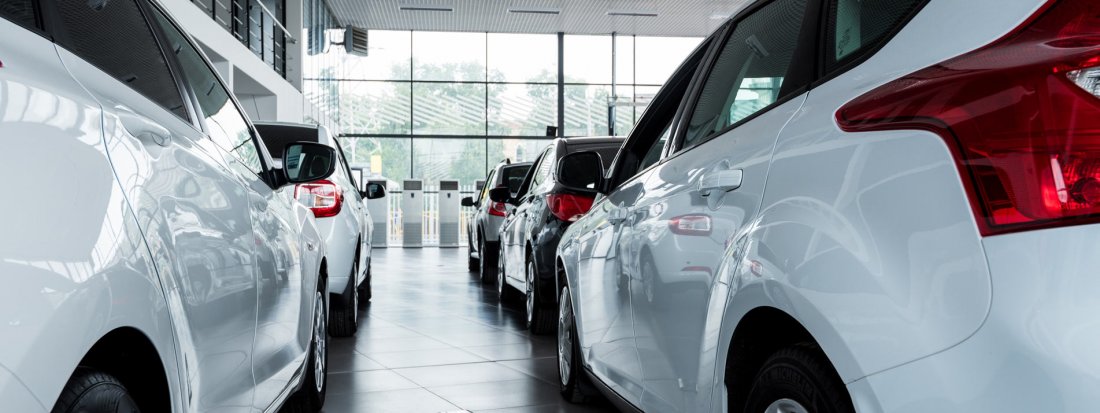Industries of all kinds are exploring ways to reduce their environmental impact. One often overlooked sector is the automotive industry, specifically auto repair shops, mechanic workshops, and similar commercial spaces. These workshops play a crucial role in maintaining and repairing vehicles, and their operations can significantly benefit from sustainable upgrades. In this blog post, we will delve into the various ways mechanic workshops can embrace sustainability, not only benefiting the environment but also enhancing overall efficiency and customer satisfaction.
Energy-Efficient Lighting and Equipment:
One of the simplest yet effective ways for mechanic workshops to become more sustainable is by investing in energy-efficient lighting and equipment. LED lights consume less energy, last longer, and provide better illumination than traditional lighting. Even a simple switch from running fluorescent tubes to running 4ft LED tubes can make a big impact. Plus, thanks to energy efficiency rebates available for commercial properties throughout the USA, many businesses can receive these upgrades for a very low upfront cost.

Energy Efficiency Example: Kristoff’s Classic Car Shop
Tom Kristoff, the owner of Kristoff’s Classic Cars in Horsham, Pennsylvania, decided to do an energy-efficiency retrofit of the lighting at his automotive shop. He upgraded 8 of the existing fluorescent lights in his main work area to round LED high bay lights.
Since he chose rebate-eligible products, Kristoff was able to save 99% of his fixture costs through utility incentives. The financial incentive Kristoff received was through PECO Ways to Save. His total went from $1,608 to just $8 – just $1 per light.
Similarly, upgrading to energy-efficient tools and machinery will help reduce the workshop’s carbon footprint while also leading to long-term cost savings. In fact, by choosing more energy-efficient equipment, shops often see a decrease in monthly electricity overhead by 50% or more.
Waste Management and Recycling:
Mechanic workshops generate a significant amount of waste, including used oil, filters, and various automotive parts. Implementing a robust waste management and recycling system can help reduce the environmental impact. Proper disposal of hazardous materials and recycling of items like metal parts not only contributes to sustainability but also aligns with regulations and ethical business practices.
Choosing Reusable Materials:
From disposable gloves to cleaning rags, mechanic workshops often use a variety of single-use items. By transitioning to reusable alternatives and sourcing recyclable materials, workshops can minimize their contribution to landfill waste. This sustainable approach not only showcases the workshop’s commitment to environmental responsibility but can also be a positive marketing point for eco-conscious customers.
Investing in Renewable Energy:
Consideration should be given to incorporating renewable energy sources, such as solar panels, to power the workshop. While the initial investment may seem significant, the long-term benefits are substantial. Renewable energy reduces the workshop’s reliance on conventional power sources and contributes to a cleaner, more sustainable energy grid – which, in some places, can translate into benefits for the auto shop. Some benefits include:
- Net Metering: Many regions offer net metering programs, allowing commercial properties to receive credit for excess solar power they generate and feed back into the grid. During periods of high solar production, the property can earn credits, which can be used during times when solar production is insufficient (e.g., at night). This essentially allows the property owner to “bank” excess energy for later use.
- Tax Incentives and Credits: State and local governments often provide tax incentives and credits to encourage the adoption of renewable energy sources. Commercial properties investing in solar energy can benefit from these financial incentives, reducing the overall cost of installing solar panels.
- Increased Property Value: Solar installations can enhance the value of a commercial property. Potential future buyers or tenants may find a property with lower operating costs due to solar energy more attractive, potentially allowing the owner to command higher rates.
Education and Training:
Making the workshop staff aware of sustainable practices is crucial. Providing education and training programs on environmentally friendly techniques, materials, and equipment operation can empower mechanics to incorporate sustainable practices into their daily routines. An informed and engaged workforce is essential for the successful implementation of any sustainability initiative.
Digitalization and Paperless Operations:
Transitioning to digital record-keeping and communication can significantly reduce the need for paper in the workshop. Digital systems for invoicing, inventory management, and customer communication not only save resources but also enhance operational efficiency. Going paperless can be a win-win for the workshop and the environment.
Driving Toward Sustainability
Automotive shops have an opportunity to lead the way towards sustainability. By adopting eco-friendly practices, investing in energy-efficient technologies, and prioritizing waste reduction, auto shops can not only reduce their environmental impact but also attract environmentally conscious customers. Embracing sustainability is not just a responsibility; it’s a strategic move that can improve the bottom lines for businesses and contribute to a cleaner, greener future for everyone.
Thanks for reading this article. If you're new here, why don't you subscribe for regular updates via RSS feed or via email. You can also subscribe by following @techsling on Twitter or becoming our fan on Facebook. Thanks for visiting!






















































































































































































